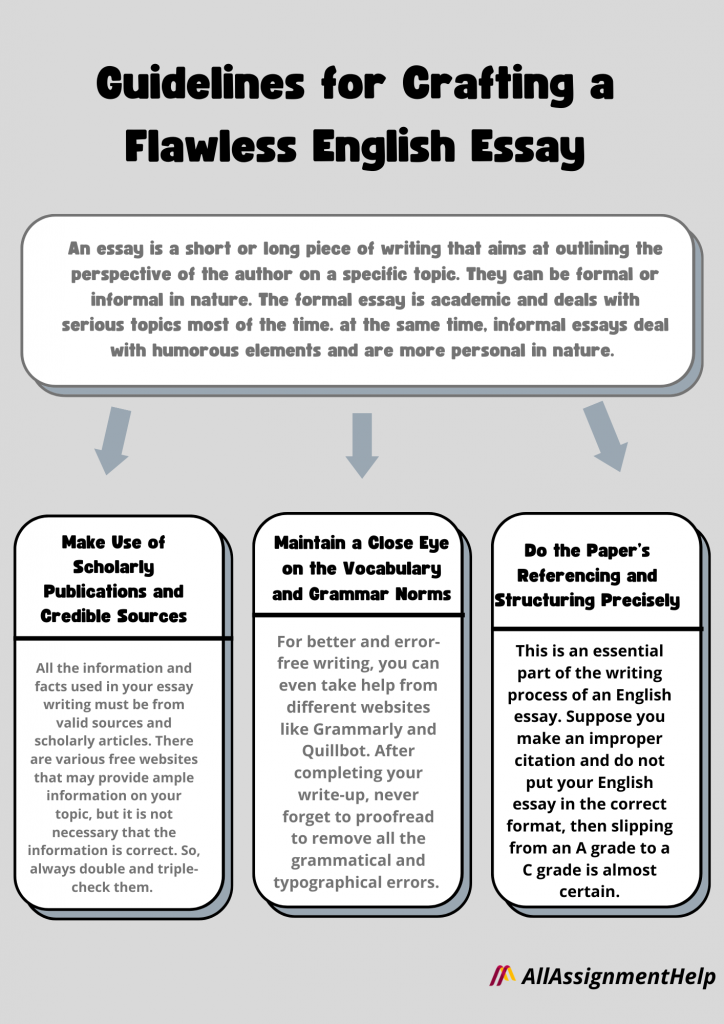
Mastering the Art of Essay Writing: A Guide to Any Topic
Effective Essay Writing Tips for Every Student
Writing an essay can often feel daunting, but with the right strategies and structure, it becomes a manageable task. In this guide, I will share essential essay writing tips, the importance of essay structure, and how to choose compelling essay topics. Whether you are a high school student or a college scholar, these insights will help you craft essays that are not only informative but also engaging.
Understanding Essay Structure
The Importance of Structure
When I first started writing essays, I struggled with organization. Understanding the structure of an essay is crucial because it provides a roadmap for your readers. A well-structured essay helps convey your message clearly and logically. The typical structure includes an introduction, body paragraphs, and a conclusion.
The introduction sets the stage for your essay. It should grab the reader’s attention and provide a thesis statement that outlines the main argument. The body paragraphs elaborate on the points mentioned in the thesis, providing evidence and examples to support your claims. Finally, the conclusion summarizes the main ideas and reinforces the thesis, leaving the reader with something to ponder.
Components of an Essay
- Introduction: Start with a hook to engage your reader. This could be a surprising fact, a quote, or a question. Follow this with background information relevant to your topic, and conclude with your thesis statement.
- Body Paragraphs: Each paragraph should focus on a single point that supports your thesis. Begin with a topic sentence, followed by evidence, examples, and analysis. Use transitions to connect ideas and maintain a logical flow.
- Conclusion: A strong conclusion should restate the thesis and summarize the key points discussed in the body. It’s also a great opportunity to reflect on the implications of your argument or suggest areas for further research.
Example of a Well-Structured Essay
Let’s say I am writing about climate change. My introduction might start with a startling statistic about rising global temperatures. I would then provide context about climate change’s impact on ecosystems, followed by my thesis that emphasizes the urgent need for action. Each body paragraph would tackle different aspects, such as renewable energy, policy changes, and community efforts. Finally, my conclusion would reiterate the importance of collective action.

Effective Essay Writing Tips
Start Early and Plan
One of the best tips I can give is to start your essay early. Procrastination can lead to rushed writing and poor-quality work. When I start early, I have time to brainstorm ideas, conduct thorough research, and revise my drafts.
Creating an outline is an effective way to organize your thoughts before you start writing. An outline serves as a blueprint for your essay, ensuring that you stay on track and cover all necessary points. As you outline, consider the main argument you want to present and the evidence you will use to support it.
Research and Gather Evidence
Research is a critical component of essay writing. I always make sure to gather credible sources that support my thesis. Depending on the essay topic, this could include academic journals, books, or reputable websites.
When citing sources, be sure to follow the required formatting style, whether it’s APA, MLA, or Chicago. Proper citation not only lends credibility to your essay but also helps you avoid plagiarism.
Revise and Edit
Once you finish your first draft, take a break before revising. This allows you to return with fresh eyes. During the revision process, I focus on clarity, coherence, and structure. Ensure that each paragraph transitions smoothly to the next, and that your argument flows logically.
Editing is equally important. Look for grammatical errors, awkward phrasing, and typos. Reading your essay aloud can help identify issues that might not be obvious when reading silently.
Choosing the Right Essay Topics
Brainstorming Ideas
Choosing an essay topic can sometimes be the hardest part of the writing process. I often begin by brainstorming ideas based on my interests or current events. Jotting down a list of potential topics can help me narrow down my choices to something that resonates with me.
Considering Your Audience
It’s essential to consider your audience when selecting an essay topic. What do they find interesting? What knowledge do they already have? Tailoring your topic to the audience can make your essay more engaging and relevant. For instance, if I am writing for a scientific audience, I might choose a technical topic related to climate change.
Exploring Different Types of Essays
There are various types of essays, each requiring a different approach. For example, an argumentative essay needs a topic that can be debated, while a descriptive essay focuses on painting a vivid picture. Here are a few examples of essay topics:
- Argumentative: Should the government invest more in renewable energy?
- Descriptive: Describe your favorite place in nature.
- Narrative: Share a personal experience that changed your perspective on life.
Essay Writing Resources and Tools
Online Writing Tools
In today’s digital age, there are numerous resources available to help with essay writing. I often use online tools like Grammarly for grammar checks and Hemingway Editor for readability improvements. These tools can significantly enhance the quality of my writing.
Writing Guides and Tutorials
I also recommend exploring writing guides and tutorials, many of which are available for free online. Websites like Purdue OWL and various YouTube channels offer valuable insights into essay writing techniques and strategies.

Seeking Feedback
Don’t hesitate to seek feedback from peers or instructors. Sharing your essay with someone else can provide fresh perspectives and constructive criticism, helping you improve your writing.
Conclusion and Future Perspectives
In conclusion, mastering the art of essay writing requires practice, patience, and a solid understanding of structure and strategy. By implementing these essay writing tips, focusing on effective structure, and choosing engaging topics, you can enhance your writing skills significantly.
As I look toward the future, I believe that essay writing will continue to evolve with technology. Embracing new tools and resources will be crucial for students and writers alike. Whether you are writing for school, work, or personal expression, honing your essay writing skills will always be a valuable asset.
Remember, every great essay starts with a single word. So, grab your pen or keyboard, and start writing!

